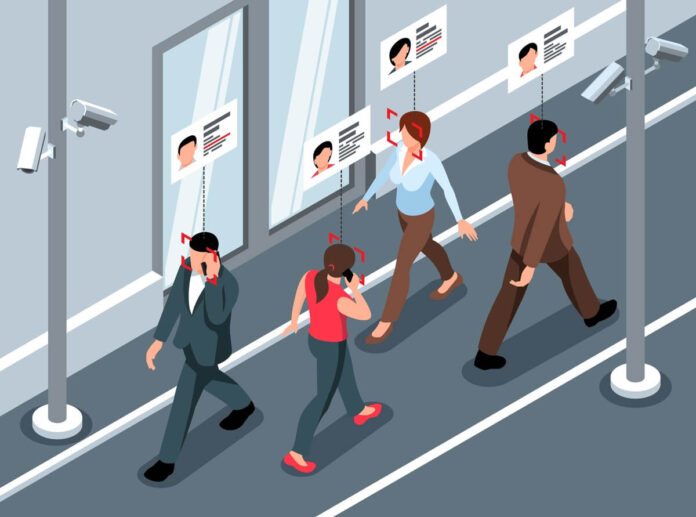The rise of surveillance cities can set a dangerous precedent for profiling citizens.
Story so far: The Bengaluru police, partnered with the Ministry of Home Affairs (MHA), is launching a ‘Safe City’ Project under which the authorities will install Facial Recognition Technology-powered CCTV cameras in public spaces. On February 17, CM Bommai announced a ₹261 crore grant for the Nirbhaya Scheme, under which 4,100 cameras were installed.
- The police plan to create a repository of blacklisted individuals whose faces appearing on the surveillance cameras will alert the authorities and help them to preempt crime against women.
- The system will match facial images with pre-recorded video feeds sourced from CCTVs deployed in certain areas in the city and from other organisations’ video feeds.
Why it matters? Several activists and privacy experts argue that the FRT-powered surveillance system can infringe on citizens’ right to privacy and encourage the reproduction of social discrimination in law enforcement. Identifying people in critical locations is a type of neighbourhood profiling based on the caste and class of suspected intruders.

